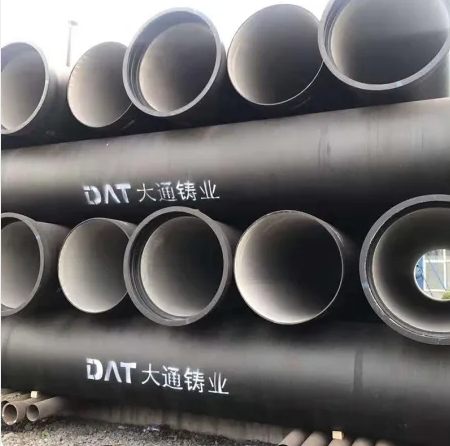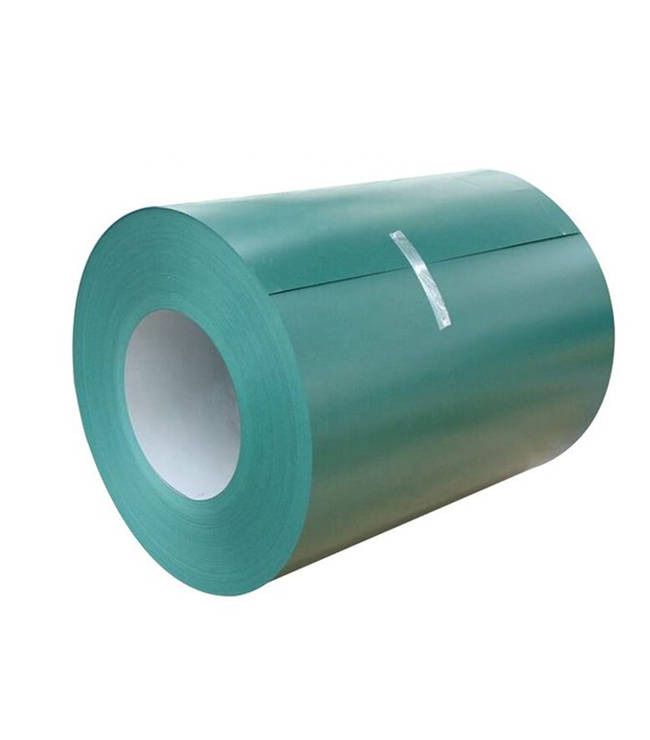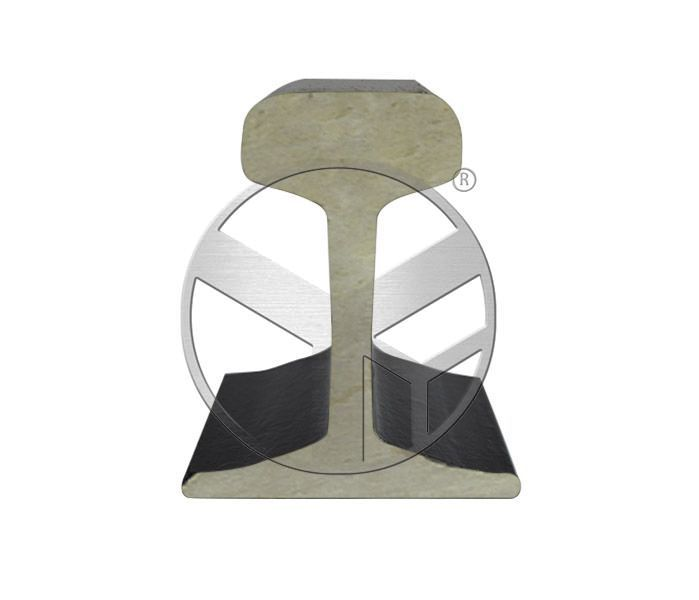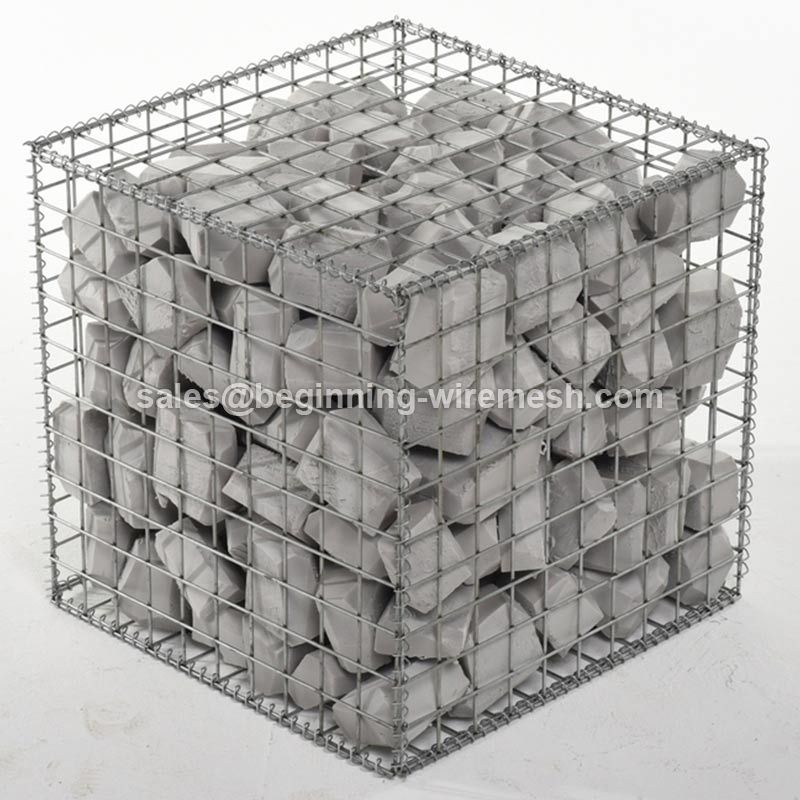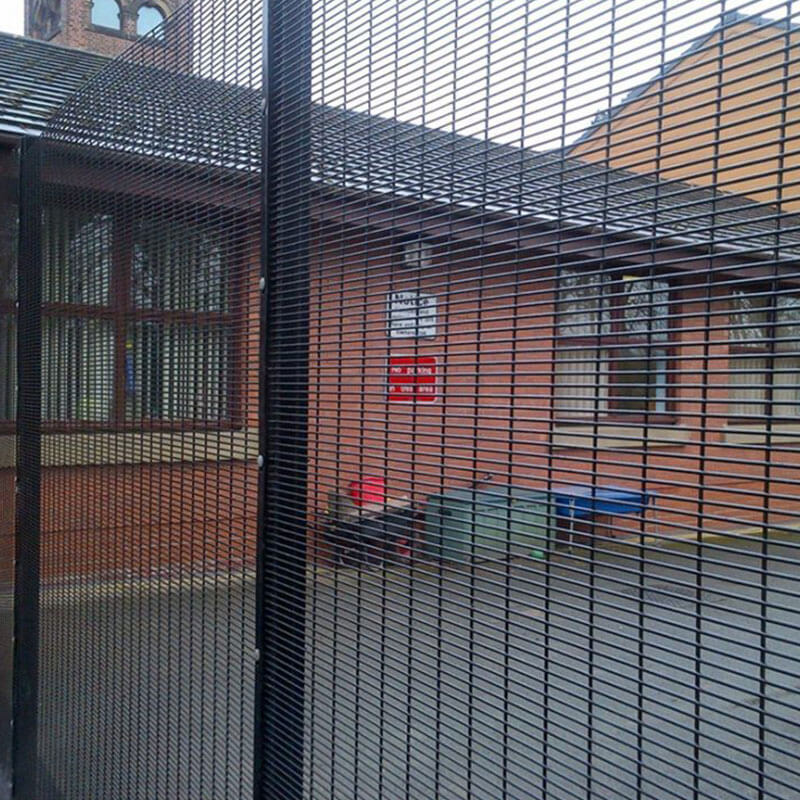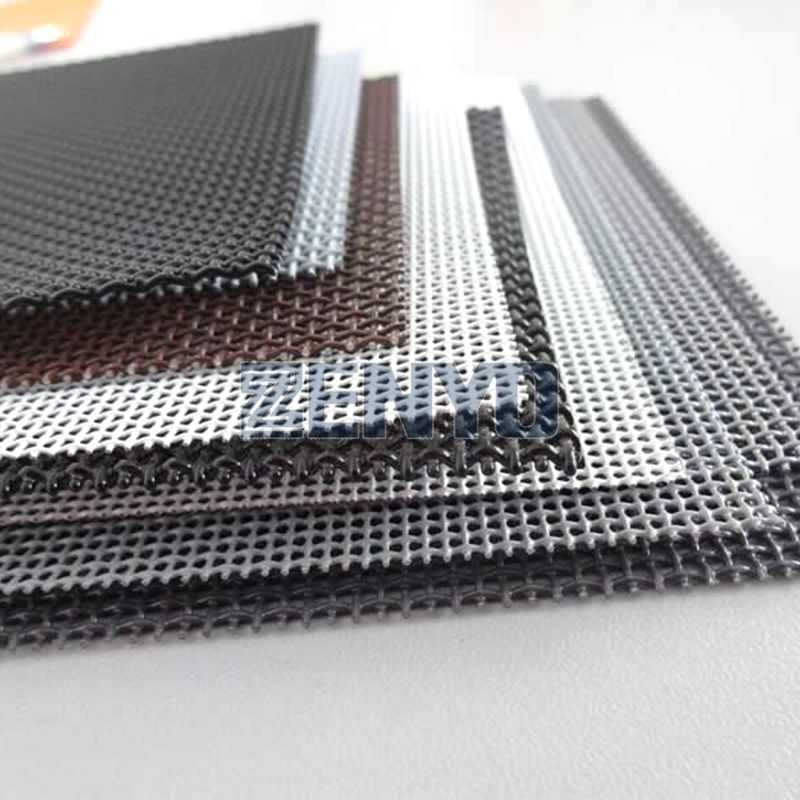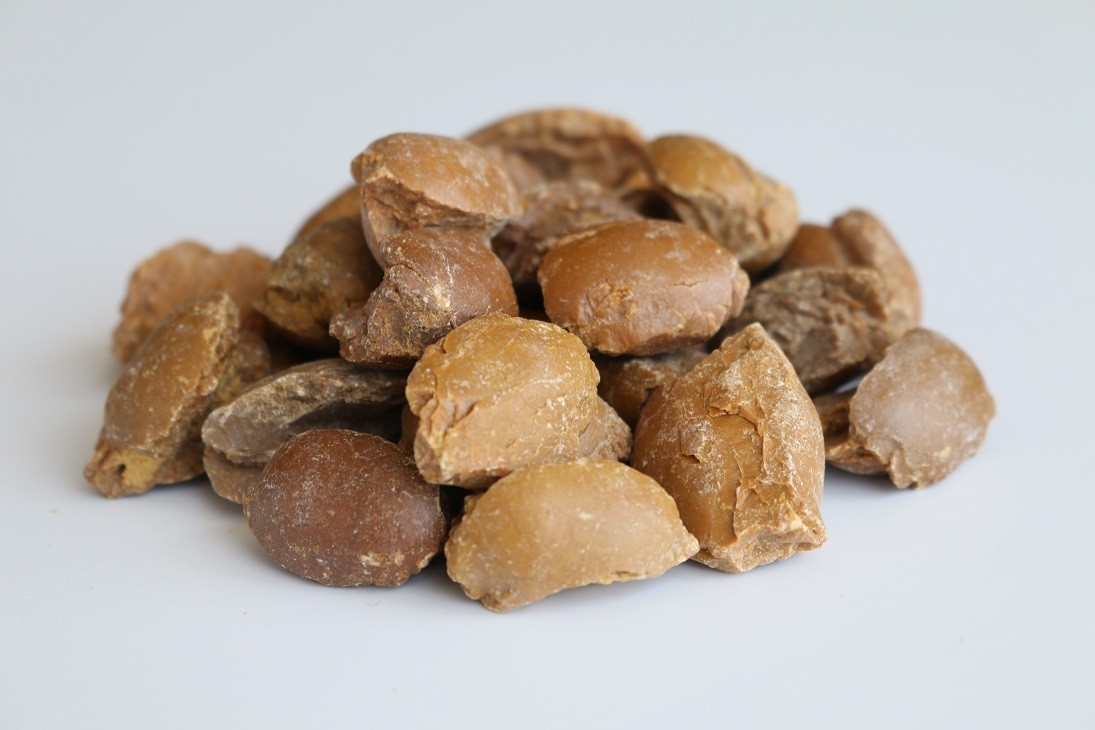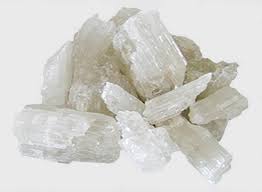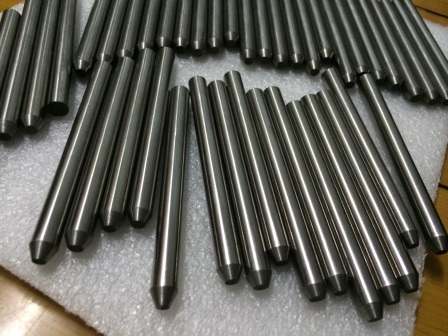What is a Ductile iron pipe used for?
In the world of infrastructure, ductile iron pipes are sturdy conduits that carry the lifeblood of a community - clean water. While these unassuming pipes are often hidden from sight, they play a vital role in our daily lives. Ductile iron pipes are a resilient and reliable way to deliver water, making them indispensable in a variety of applications. In this article, we'll delve into the world of ductile iron pipes, exploring their uses, benefits and significance in modern society.
Understanding Ductile Iron Pipe
Ductile iron pipes, also known as DI pipes, belong to the cast iron pipe family, but have a remarkable property - ductility. This means that they are able to deform under pressure without breaking, making them highly resilient to external forces. DI pipes are made by melting iron and adding a small amount of magnesium to the mixture. The addition of magnesium gives the iron ductility, transforming it into ductile iron.
DI pipes are usually manufactured using a centrifugal casting process, which ensures a uniform wall thickness and a high quality internal surface. Its distinctive dark, rough outer surface is formed by a corrosion-resistant bituminous coating.
Applications of Ductile Iron Pipe
Water Supply:
The primary and best known application for ductile iron pipe is water distribution systems. Municipalities and utilities rely heavily on DI piping to transport potable water from treatment plants to homes, businesses, and other facilities. The durability of DI pipe ensures a long service life, reducing maintenance costs and water loss due to leaks.
Sewer Systems:
Ductile iron pipe is also widely used in sewer systems to convey wastewater and stormwater out of urban areas. Their corrosion resistance is critical in environments with high wastewater and chemical content. In addition, their load-bearing capacity permits the installation of sewer lines under roads and buildings.
Fire Protection:
Ductile iron pipes are an integral part of fire protection systems, providing high-pressure water to hydrants and sprinkler systems. Their strength and reliability are vital in emergency situations, ensuring a continuous and efficient water supply for firefighting.
Industrial Applications:
Many industries use ductile iron pipes for a variety of applications, including transporting process water, chemicals and slurries. Their ability to withstand high pressures and corrosive substances makes them a valuable asset to industries such as mining, manufacturing and agriculture.
Irrigation:
Agriculture relies on ductile iron pipes as irrigation systems to supply water to crops. These pipes can handle the harsh conditions of agricultural use, including exposure to soil, fertilisers and varying weather conditions.
Gas Distribution:
In some areas, ductile iron pipes are also used for gas distribution. While not as common as other materials such as steel or polyethylene, DI piping can provide a durable and safe way to transport natural gas.
What to Consider When Buying Stainless Steel Bar, Plate, or Sheet Products
Stainless Steel 304 and 316 Wire Rope Manufacturer
Stainless Steel Wire vs. Galvanized Wire: What’s Best for You?
How long will steel pipe last in water?
Off-white Kitchen Countertop Samples at Lowes.com
Metal prices to fall in 2023 — World Bank
The Ultimate Guide to Choosing Metal Solutions
Benefits of Ductile Iron Pipe
Durability:
Ductile iron pipes have an impressive lifespan, often exceeding 50 years or more. Their resistance to corrosion, abrasion and external forces ensures long-term reliability.
Strength:
DI pipe has high tensile strength and is able to withstand both internal and external pressures. This strength is especially important for water distribution and sewer systems where pipes are buried underground and subjected to varying loads.
Ductility:
The ductility of these pipes allows them to withstand ground settlement, minor earth movements and water hammer without cracking or breaking. This flexibility reduces the risk of catastrophic failure.
Low Maintenance:
Ductile iron pipes require minimal maintenance compared to some other piping materials. Their corrosion resistance reduces the need for protective coatings or linings, saving time and money over their lifetime.
Recyclability:
Ductile iron is a highly recyclable material. Old DI pipes can be melted down and used to make new ones, contributing to sustainability.
Fire resistance:
Ductile iron pipes have excellent fire resistance properties and are suitable for fire protection systems. They can withstand high temperatures and maintain structural integrity during a fire.
Smooth inner surface:
The centrifugal casting process used in their manufacture produces a smooth internal surface that minimises friction and pressure loss, thereby improving the efficiency of water distribution systems.
Conclusion
Ductile iron pipes may not often come to the public's attention, but their importance in our daily lives cannot be overemphasised. These unassuming pipes play a vital role in ensuring the delivery of clean water, the removal of wastewater, and the protection of life and property through fire suppression systems. Their durability, strength and versatility have made them a staple in various industries and municipal infrastructure projects.
As our communities grow and evolve, so does the need for reliable water and wastewater systems. Ductile iron pipe continues to meet this demand with its impressive track record and adaptability. They are more than pipes; they are plumbing. They are the lifeline that keeps our towns and cities thriving. So the next time you turn on a tap or see a fire hydrant on the corner, remember the unsung heroes beneath our feet - ductile iron pipe.
Looking for a reliable and experienced ductile iron pipe manufacturer? Shanxi Datong Casting provide high-quality ductile iron pipes and fittings for all your water supply needs.
Explore more:What is The Protective Coating For Coils?
What are the uses of weld bend fittings?
Uses of Alloys in Daily Life
Stainless Steel Sheets with Vibration Non-Directional: An Aesthetic Marvel
Decoration Profiles: Enhancing Spaces with Style and Functionality
Customized Steel Bridge Guardrail: Ensuring Safety and Efficiency in Bridge Infrastructure
5 Tips on How to Maintain a Gazebo



